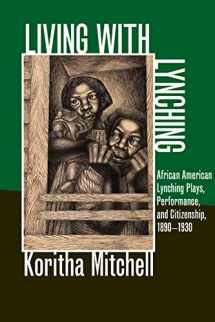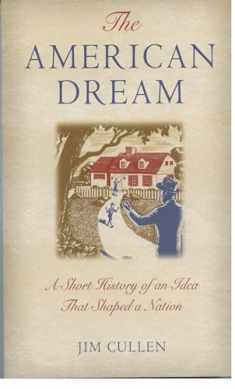
Living with Lynching: African American Lynching Plays, Performance, and Citizenship, 1890-1930 (New Black Studies Series)
Book details
Summary
Description
Living with Lynching: African American Lynching Plays, Performance, and Citizenship, 1890–1930 demonstrates that popular lynching plays were mechanisms through which African American communities survived actual and photographic mob violence. Often available in periodicals, lynching plays were read aloud or acted out by black church members, schoolchildren, and families. Koritha Mitchell shows that African Americans performed and read the scripts in community settings to certify to each other that lynch victims were not the isolated brutes that dominant discourses made them out to be. Instead, the play scripts often described victims as honorable heads of household being torn from model domestic units by white violence.
In closely analyzing the political and spiritual uses of black theatre during the Progressive Era, Mitchell demonstrates that audiences were shown affective ties in black families, a subject often erased in mainstream images of African Americans. Examining lynching plays as archival texts that embody and reflect broad networks of sociocultural activism and exchange in the lives of black Americans, Mitchell finds that audiences were rehearsing and improvising new ways of enduring in the face of widespread racial terrorism. Images of the black soldier, lawyer, mother, and wife helped readers assure each other that they were upstanding individuals who deserved the right to participate in national culture and politics. These powerful community coping efforts helped African Americans band together and withstand the nation's rejection of them as viable citizens.


We would LOVE it if you could help us and other readers by reviewing the book
Book review





